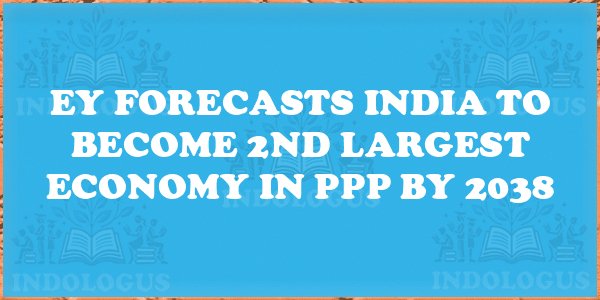India is projected to become the world’s second-largest economy in PPP terms by 2038, driven by youthful demographics, fiscal reforms, and rapid growth.
India’s Economic Edge in a Shifting Global Landscape
Youthful Demographics and Domestic Demand
- Demographic Dividend: India’s young median age of 28.8 years in 2025 fuels productivity and consumer demand.
- Savings Rate: Second-highest among major economies, supporting robust capital formation.
- Domestic Consumption: Consistently rising, ensuring long-term internal growth.
Fiscal Responsibility and Structural Strength
- Debt-to-GDP Ratio: Forecasted to decline from 81.3% in 2024 to 75.8% by 2030, boosting investor confidence.
- Economic Reforms: GST, IBC, UPI, and PLI schemes enhancing competitiveness and efficiency.
Infrastructure, Innovation, and Technological Resilience
- Investment in Key Sectors: Infrastructure and emerging technologies like AI and renewable energy driving economic resilience.
India vs Other Global Giants
- China: Leading in PPP terms but faces challenges with an ageing population and rising debt.
- US: Struggling with high debt levels and slower growth rates despite a robust economy.
- Germany and Japan: Technologically advanced but limited by older populations and reliance on global trade.
Key Takeaways for Competitive Exams
- India’s projected GDP of USD 34.2 trillion by 2038 in PPP terms signifies significant economic growth.
- India’s demographic dividend, fiscal reforms, and structural strength are key drivers of its economic rise.
- Investment in infrastructure and innovation positions India for long-term economic resilience and global competitiveness.



